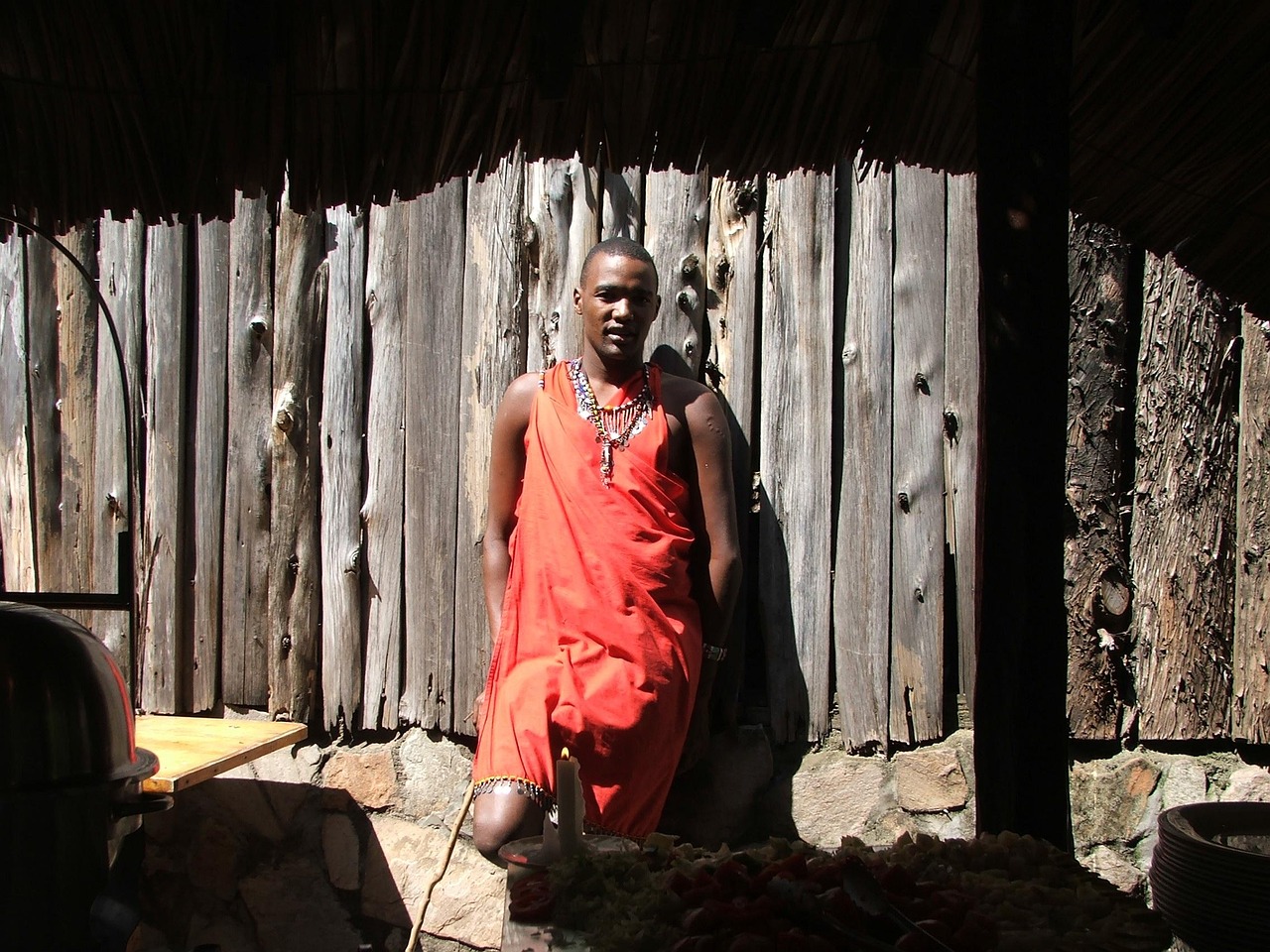Are you looking for information about shamans and medicine men? In this comprehensive guide, we dive deep into the spiritual world of Indigenous peoples and reveal what makes these spiritual leaders so unique.
What Is a Shaman? The Meaning Behind the Term
The term “shaman” originates from the Tungus language in Siberia and literally means “one who knows.” But what exactly defines a native shaman? Unlike Western perceptions, shamans among Indigenous tribes are:
- Mediators between the human and spirit worlds
- Healers of physical and emotional illnesses
- Seers and interpreters of signs
- Guardians of ancient knowledge about nature and the cosmos
Medicine Man vs. Shaman: Are There Differences?
The terms medicine man and shaman are often used interchangeably, but there are subtle distinctions. While “shaman” is a more general term, “medicine man of the Native Americans” refers specifically to the traditions of North American Indigenous peoples.
A traditional medicine man focuses more on:
- Medicinal plants and herbal medicine
- Ritual purifications (sweat lodges)
- Tribal ceremonies and rites of passage
- Creating medicine pouches and amulets
The Path to Becoming a Shaman: A Lifelong Journey
How does one become a shaman among Indigenous peoples? The training is intense and often takes decades. It includes:
- Shamanic calling: Often through dreams or visions
- Apprenticeship with experienced shamans: Over many years
- Vision quest: Solitary fasting rituals in nature
- Study of plant medicine: Deep knowledge of local healing herbs
Shamanic Rituals and Practices in Detail
The rituals of shamans are diverse and fascinating. Some of the most well-known include:
The Shamanic Journey
During a shamanic journey, the shaman enters a trance-like state to communicate with the spirit world. This is often achieved through:
- Drumming or rattling with a steady rhythm
- Dance and movement
- Use of sacred places in nature
Herbal Medicine and Healing Plants
The knowledge of traditional Native American healing plants is vast. Some well-known examples include:
- White sage: For ritual purification
- Sweetgrass: For blessings and positive energy
- Cedarwood: For protection and healing
- Peyote cactus: For visionary experiences (among some tribes)
The Role of the Shaman in Modern Indigenous Communities
How has the role of the shaman today changed? Despite modernization, shamans remain important figures within their communities:
- They preserve cultural identity
- Offer alternative healing alongside Western medicine
- Bridge the gap between tradition and modern life
- Serve as political voices for their people
Modern Shamanism in the West: What You Should Know
As interest in Indigenous spiritual leaders grows in the West, caution is needed to avoid cultural appropriation. Respectful engagement means:
- Not commercializing traditional knowledge
- Not imitating dangerous rituals without proper guidance
- Honoring Indigenous teachers appropriately
- Being aware of the cultural significance
Frequently Asked Questions About Shamans and Medicine Men
What Is the Difference Between a Shaman and a Medicine Man?
While “shaman” is a general term, “medicine man” specifically refers to North American traditions. The differences are often fluid.
Can Anyone Become a Shaman?
No. Traditionally, the calling comes through dreams, visions, or designation by elder shamans. It is not a freely chosen profession.
Are Shamanic Practices Dangerous?
When guided respectfully by experienced practitioners, shamanic techniques such as meditation or herbal remedies are generally safe.
Conclusion: The Timeless Wisdom of Spiritual Leaders
The spiritual leaders of Indigenous peoples offer valuable insights into alternative worldviews and healing methods. Whether shaman or medicine man—these guardians of ancient wisdom remind us of the deep connection between humans, nature, and the cosmos.
Would you like to learn more about Native American spirituality? Discover our other articles on traditional rituals, tribal cultures, and Indigenous wisdom!

